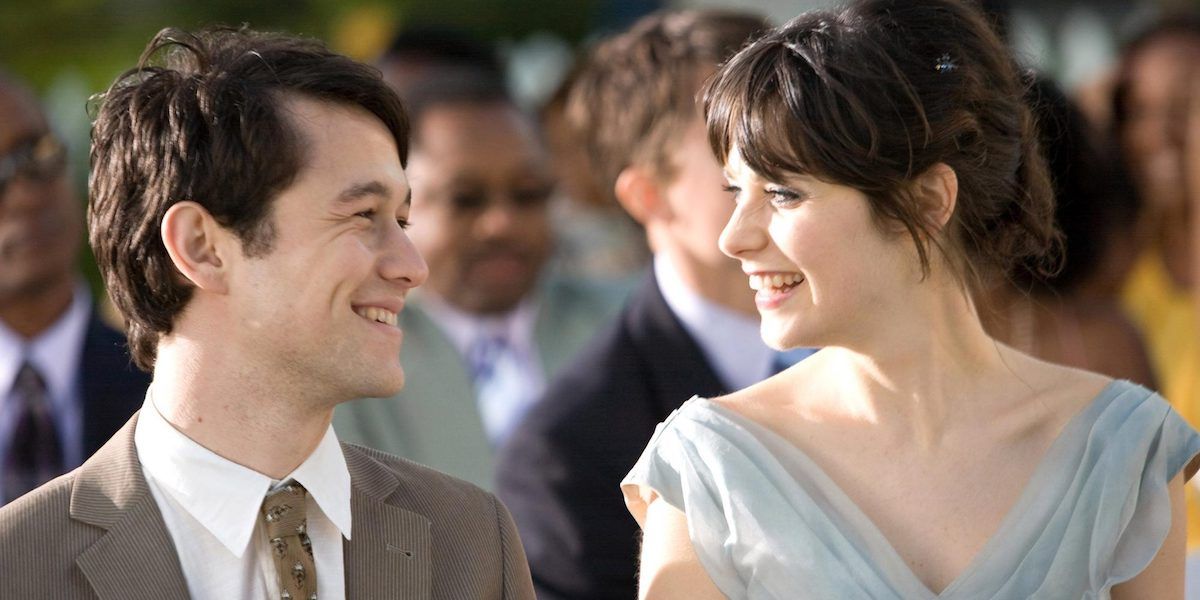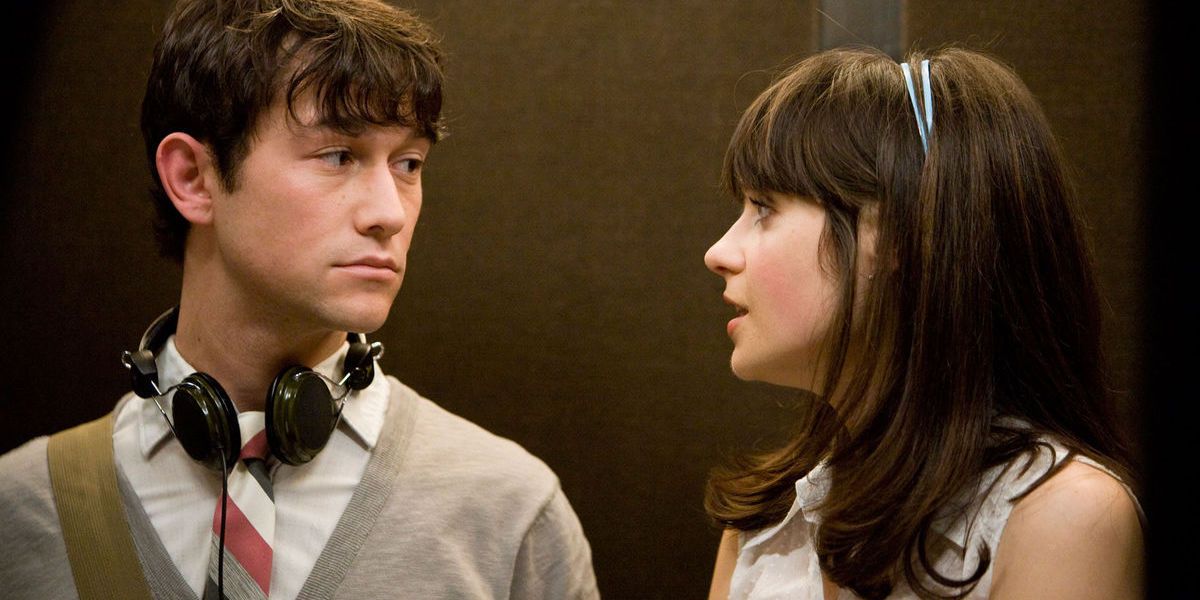
In the 2009 indie rom-com, 500 Days of Summer, Zooey Deschanel's Summer was the one villainized, viewed by Tom (Joseph Gordon-Levitt) and his peers as an emotional vampire and user of sorts. Seeing as he's the protagonist, it's easy to fall into that perspective as viewers want the hero to end up with the girl. Thus, the way Summer trampled on hearts and selfishly pursued her own happiness could rub audiences the wrong way. However, by the end of the movie, it's clear that Tom's actually the villain of his own story.
No matter her choices, Summer never deviated from her true nature, making it clear from the start that she wasn't seeking a relationship or true love from this romance because she didn't believe in the idea of soulmates after her parents' divorce. She even cut off the one thing she loved most in 500 Days of Summer's opening, her jet black hair, and felt nothing -- an indicator of how cold she could be.

It informed why she was so loopy, a tumbleweed blowing in the wind, and someone restless to the point that Tom shouldn't even have considered settling down with her. Again, she said as much, but Tom kept trying to make her into a princess in a fairytale, even when she asked not to be, which came from a place of entitlement.
This was seen early on in 500 Days of Summer when Tom and his friends used denigrating terms like "bitch" and "skank" for women who didn't show interest, even after politely rebuffing. This crafted a manipulative workspace, with Tom being so crazed over Summer that his friends and little sister, Rachel, heard alarm bells. When he got clingy and the relationship frayed, Tom eventually had a meltdown at his greeting card writing job, where his boss, Vance, frowned upon one card he wrote that read: "Roses are red, violets are blue... f*ck you, whore!"
To say that about someone who didn't cheat (not that that makes it right either), but just broke it off is very demeaning and venomous. It summed up what Rachel hinted to Tom later on -- that he was never emotionally capable of being in a relationship. And that obsessive immaturity was proven with him blaming art, music, cards and the idealism of romance for his own missteps, wading into commercialism when his losing Summer was due to his manic personality and the fact he just never listened to her in the first place.

She even cried at the end of The Graduate, making it clear she didn't believe in marriage and was of the view that long-term partnerships fizzle. Tom's reaction, however, was denial and to force her into staying out with him longer even though she wanted to rest, all so he could keep the waning facade going that they were in love. It's an emotional hostage game, forcing the issue when Summer -- someone who never said the word "love" -- wanted to be free and without commitment. Tom, on the other hand, sought excuses and never blamed himself for stifling the relationship, opting to call her the man-eater instead.
Had Tom owned his pitfalls, it could have helped with his self-destructive ways. Not acknowledging his own faults showed that he never knew what constituted a healthy relationship. In truth, he was driven by lust and not love, as he fooled himself into thinking. Even Rachel had to remind him to focus on his whole experience with Summer, not just the good parts, and stop remembering the superficial aspects: her taste in music, her looks, the sex and the love of movies they shared.
Sadly, Tom never learned his lesson, which is further evidenced by him falling for Autumn at the end of 500 Days of Summer. He didn't know her as they went for the same architectural job, yet rather than focusing on the interview, he sauntered back to ask her on a coffee date. He should have been focusing on landing his dream job, the one he put off all movie long, but Tom once again used the excuse of being a hopeless romantic to paint someone he just met as "the one." It's symptomatic of him forcing the "love at first sight" angle again, and not taking time to heal and be on his own. Knowing Summer hid her engagement from him, he really should have looked back, did a post-mortem and realized he needed to stop rushing in. Instead, he's addicted to this sort of cosmetic behavior, which is why Tom was his own worst enemy -- someone who didn't see his own flaws and instead demonized a woman when she was still sowing her wild oats and experiencing personal growth.
0 Comments